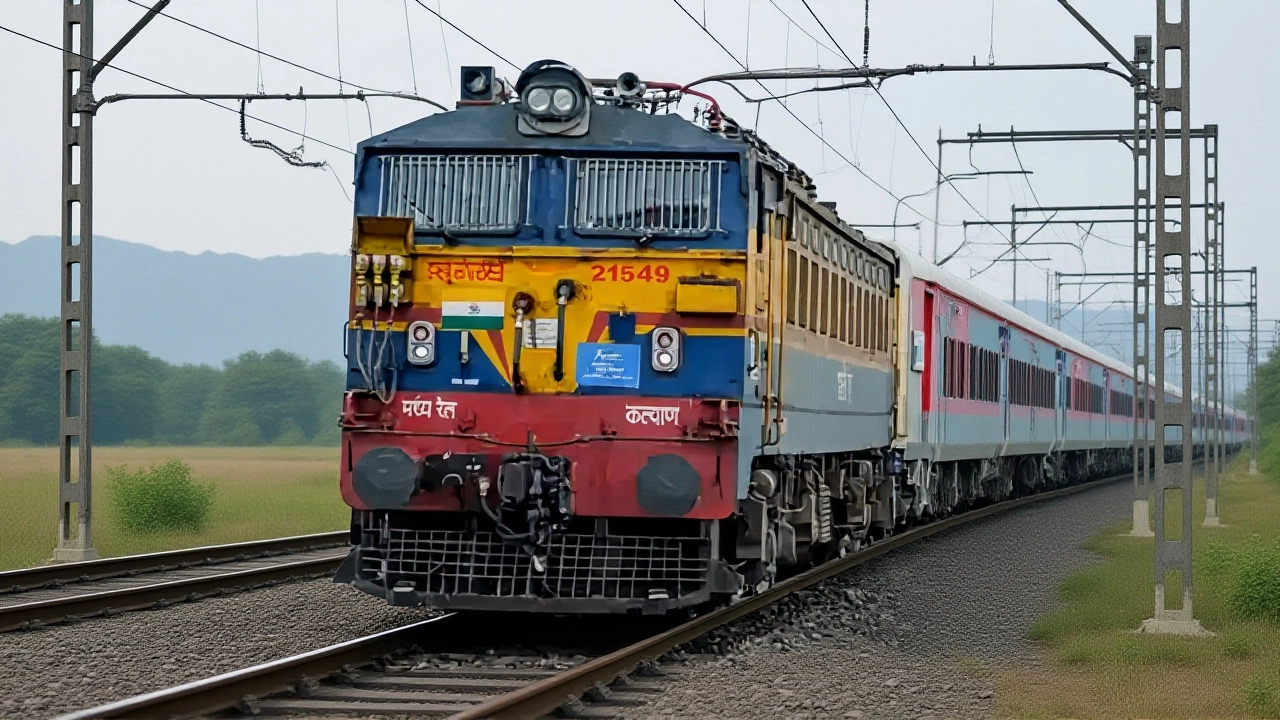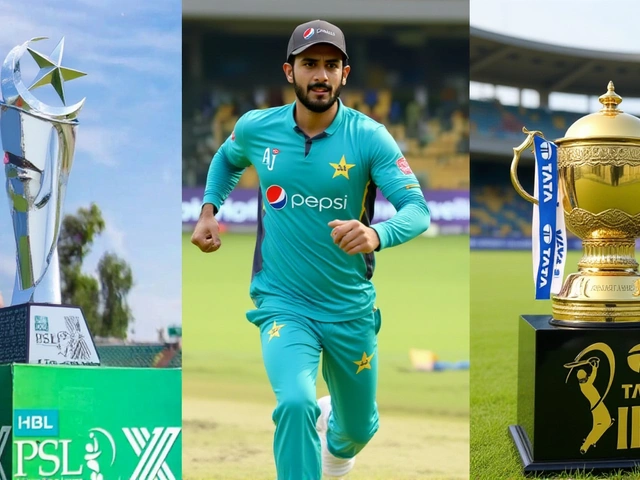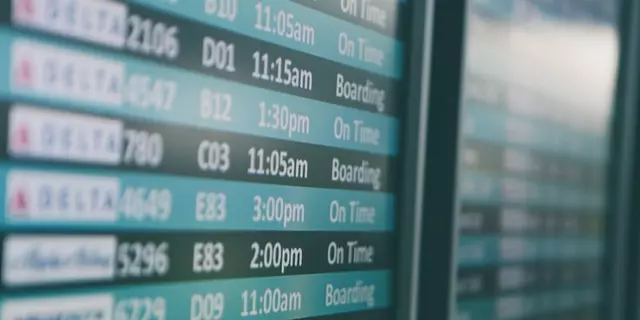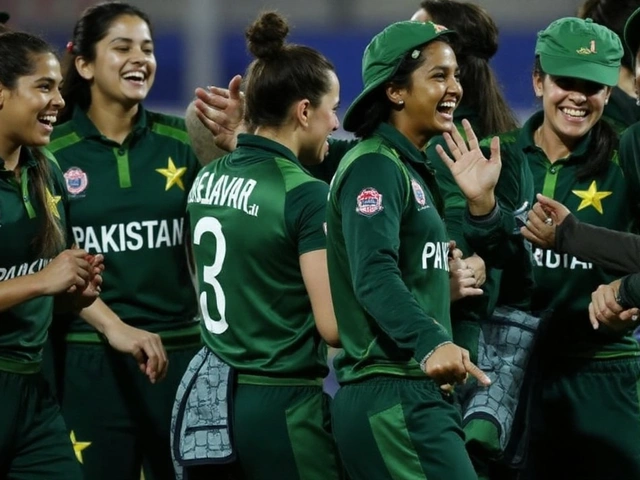The Railway Recruitment Board has officially released the RRB NTPC Syllabus 2025 for Computer Based Test 1 (CBT 1) and Computer Based Test 2 (CBT 2), marking a critical milestone for over 1.2 million aspirants preparing for Non-Technical Popular Categories (NTPC) posts. The announcement, tied to CEN No. 07/2025 and issued by RRB Chennai, confirms that both undergraduate (10+2) and graduate-level candidates will face the same core subjects—but with sharply different difficulty levels. The exam, set to begin this fall, isn’t just another government test. For many, it’s the only realistic path into stable public sector employment. And with negative marking at -1/3 per wrong answer, one misstep can cost you dearly.
What’s on the Test? The Three Pillars of RRB NTPC 2025
Every candidate, regardless of educational background, will be tested on three subjects: Mathematics, General Intelligence and Reasoning, and General Awareness. But here’s the twist: CBT 1 has 100 questions worth 100 marks in 90 minutes, while CBT 2 ramps it up to 120 questions and 120 marks. The topics overlap, but the depth? That’s where the real challenge begins.
In General Intelligence and Reasoning, expect analogies, coding-decoding, and blood relations—but CBT 2 adds more puzzle-based questions and data sufficiency. For example, CBT 1 might throw you a simple Venn diagram with two circles. CBT 2? Three overlapping sets with conditional logic. It’s not just harder—it’s designed to separate the memorizers from the thinkers.
General Awareness carries the heaviest weight. CBT 1 allocates 10–12 questions to current events, while CBT 2 pushes that to 12–15. History? Five to six questions in CBT 1. Six to eight in CBT 2. And don’t sleep on Static GK: 5–7 questions in CBT 1, 7–9 in CBT 2. That means knowing the names of India’s nuclear test sites or the founding year of the Reserve Bank isn’t optional anymore. It’s essential.
Mathematics: The Silent Killer
Many aspirants underestimate Math. They think, “I passed 10th grade math—I’m good.” But RRB doesn’t test basic arithmetic. It tests speed, accuracy, and application. The syllabus includes LCM-HCF, profit-loss, time-distance, compound interest, trigonometry, and elementary statistics. One candidate from Patna told me: “I aced mock tests with 85% accuracy. Then I took a timed CBT 2 practice paper. I ran out of time on question 82.” That’s the reality. You need to solve 120 questions in 90 minutes. That’s 45 seconds per question—including reading time. No room for hesitation.
Station Master Exception: The CBAT Requirement
If you’re eyeing the coveted Station Master role, there’s an extra hurdle: the Computer-Based Aptitude Test (CBAT). Unlike CBT 1 and 2, CBAT isn’t scored in marks—it’s scored in T-scores. And you must clear each battery with at least 42 T-scores. No exceptions. Not for SC/ST/OBC. Not even for candidates who top CBT 2. Oliveboard confirmed this is non-negotiable. One failed battery, and you’re out—no matter how high your CBT 2 score. That’s why coaching centers like PW Live and Adda247 now run CBAT-specific drills. They simulate the mouse-tracking, reaction-time, and spatial reasoning tests that mimic real-time train control scenarios.
Who Gets Selected? CBT 2 Is the Decider
Here’s what most candidates don’t realize: CBT 1 is just a filter. It’s a qualifying stage. Your score there doesn’t count toward the final merit list. Only CBT 2 does. That’s confirmed by Testbook and Oliveboard. So if you breeze through CBT 1 and slack off before CBT 2? You’re setting yourself up for disappointment. The final ranking—whether you land a Junior Clerk, Ticket Collector, or Station Master—depends entirely on CBT 2 performance. And with over 1.2 million applicants, the cutoffs will be brutal.

What Comes After the Exams?
Clearing CBT 2 doesn’t mean you’re in. Next come Document Verification and a Medical Examination. For medicals, vision standards are strict: 6/6 in both eyes without correction. Color blindness? Disqualifying for Station Master and Traffic Assistant roles. And document mismatches? A single typo in your 10th marksheet can delay your selection by months. One applicant from Lucknow lost his chance because his father’s name was spelled differently on his Aadhaar and school certificate. No appeal. No second chance.
Where to Get the Official Syllabus
The RRB hasn’t centralized the syllabus. You must download it from your respective regional website—RRB Chennai, RRB Mumbai, RRB Kolkata, etc. Educational platforms like Byju's and Shiksha.com offer downloadable PDFs, but always cross-check with the official RRB portal. Don’t trust third-party summaries. One major coaching site misprinted the number of questions in CBT 2’s General Science section by three—leading hundreds of students to misallocate study time.
What’s the Timeline?
Applications open in late May 2025. CBT 1 is expected in August–September. CBT 2 follows in November–December. CBAT, if applicable, is scheduled right after CBT 2. Final results? By March 2026. That’s a 10-month grind. No shortcuts. No magic tricks. Just consistent, smart prep.
Frequently Asked Questions
Is the RRB NTPC syllabus the same for undergraduate and graduate candidates?
Yes, the topics are identical for both levels, but the difficulty and depth differ significantly. Graduate-level candidates face more complex reasoning puzzles, advanced statistics in Math, and deeper questions on Indian polity and economic policies in General Awareness. The same question bank isn’t used—CBT 2 questions are designed to challenge those with higher education.
Can I skip CBT 1 if I’m a graduate?
No. All candidates, regardless of educational qualification, must appear for CBT 1. It’s a mandatory screening stage. Even PhD holders applying for Junior Clerk posts must take it. Your graduate status doesn’t grant exemption—it only means you’re expected to handle CBT 2 with greater precision.
Why is General Awareness weighted so heavily in CBT 1?
Because RRB needs candidates who are aware of national developments, especially those affecting public transport and infrastructure. A ticket collector who doesn’t know about the PM-KISAN scheme or the new railway electrification targets won’t serve the public well. The exam tests not just memory, but civic awareness—a trait they value more than rote math skills.
What happens if I clear CBT 2 but fail the medical test?
You’re disqualified. No appeals, no retests. Medical standards are strict: uncorrected vision of 6/6, no color blindness for operational roles, and no chronic conditions affecting stamina. Even mild asthma or diabetes can be disqualifying depending on the post. Candidates with borderline conditions are advised to get a pre-medical check-up before applying.
Are previous years’ question papers useful for RRB NTPC 2025 prep?
Yes—but cautiously. The pattern has shifted since 2020. Earlier exams had more direct GK questions. Now, they test application: e.g., “Which ministry launched the Rail Kaushal Vikas Yojana?” instead of “Who is the current Railway Minister?” Focus on understanding context, not just memorizing facts. Use 2023–2024 papers as trend indicators, not exact replicas.
How many attempts can I make for RRB NTPC?
There’s no fixed limit on attempts, but age limits apply. For undergraduate posts, you must be under 30 as of January 1, 2025. For graduate posts, the upper age limit is 33. Relaxations exist for reserved categories, but you can’t keep retaking it indefinitely. Most serious candidates target 2–3 attempts max, given the time and financial investment.





